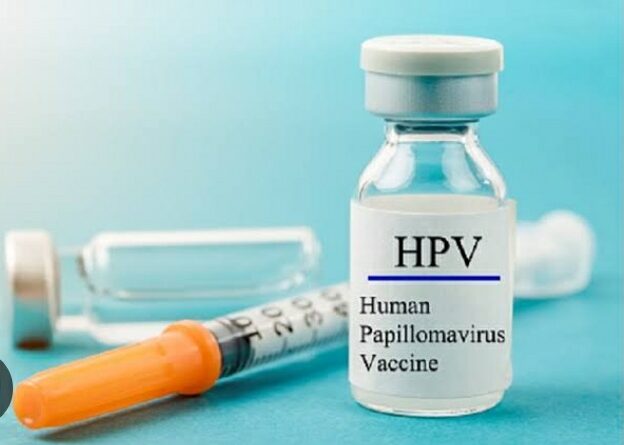Nigeria achieves 78% coverage in 14 states with the HPV vaccine.
Nigeria has achieved 78% of the national target of 80% for the Human Papillomavirus (HPV) vaccination, which was established for the 14 pilot states in which the vaccine was implemented.
This was disclosed by Dr. Joseph Urang, Immunisation Officer for the Rivers State Primary Health Care Management Board, during the inauguration of a two-day media dialogue in Port Harcourt on Thursday.
“Care for Small and Sick New-Borns, Oxygen Availability, and the Introduction of the HPV Vaccine in Nigeria” was the topic of the discussion.
As per his assertion, the data is current as of November 16, several weeks subsequent to the initial phase of the vaccine distribution that commenced on October 24.
The data, according to him, pertained to the states or territories where the vaccines were distributed: Abia, Adamawa, Akwa Ibom, Bauchi, Benue, Enugu, Jigawa, Kano, Lagos, Nasarawa, Ogun, Osun Taraba, and the Federal Capital Territory (FCT).
The federal government purchased more than six million doses of the HPV vaccine to shield females between the ages of nine and fourteen from cervical cancer and other related illnesses.
Urang stated that Lagos had the lowest vaccination rate at 31%, while Taraba had the highest at 98 percent.
HPV, according to his description, is a double-stranded DNA virus capable of inducing benign conditions, precancerous lesions, and invasive cancers.
“Among the more than 170 known species of viruses, twelve are presently categorised as carcinogenic,” he continued.
The basal keratinocytes of the genital mucosa, oral mucosa, and skin become infected with HPV, which primarily disseminates via sexual contact.
He further stated that chronic infection with specific strains of human papillomavirus (HPV) constituted the primary aetiology of cervical cancer.
“In Nigeria, cervical cancer ranks as the second most prevalent cancer among women, comprising an estimated 16 percent of all malignancies affecting women,” he elaborated.
He stated, with reference to the World Health Organisation (WHO), that cervical cancer ranks fourth in terms of prevalence among women worldwide, accounting for approximately 31 million fatalities and 604,000 newly diagnosed cases each year.
“About 56.2 million women in Nigeria are 15 years of age or older and are therefore susceptible to developing cervical cancer.”
“According to current estimations, 12,075 women are diagnosed with cervical cancer annually, and 7,968 succumb to the disease.”
“Cervical cancer is the second most prevalent malignancy among women in Nigeria, with the highest incidence rate among those aged 15 to 44.”
Additionally, Urang stated that an estimated 3.5% of women in the general population were infected with cervical HPV-16/18 at any given time.
Furthermore, invasive cervical malignancies were found to be 66.9% attributable to HPVs 16 or 18.
As a result, he strongly advised guardians and parents to consent to their daughters receiving the HPV vaccine, stating, “The vaccine is effective, secure, and cost-free against the virus.”
“Vaccination should be administered between the ages of nine and fourteen, when it is at its most efficacious.”
He emphasised that no adverse effects were presently recognised as a result of vaccination.




